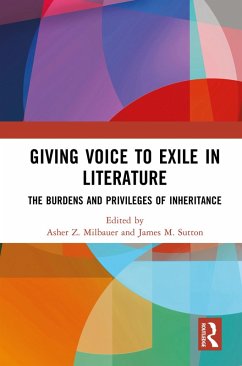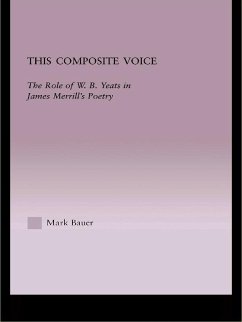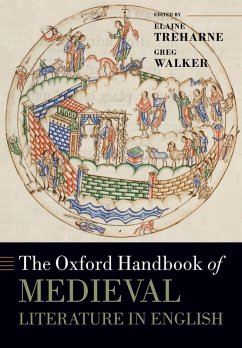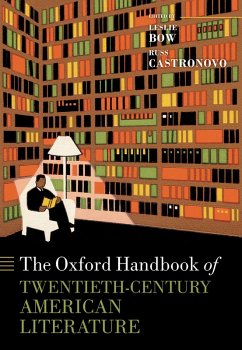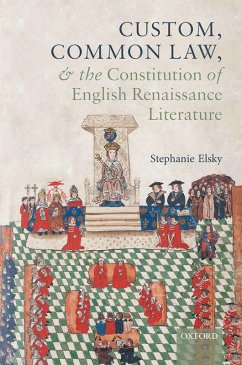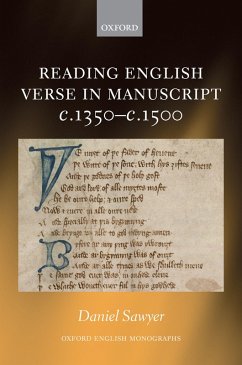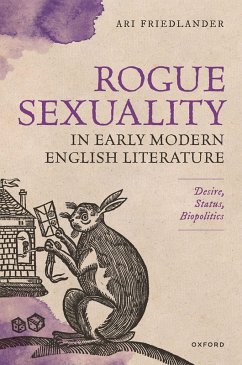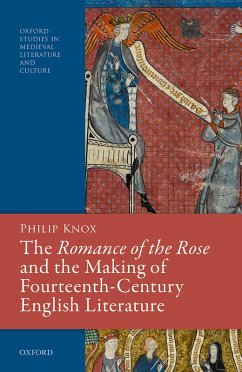
Voice in Later Medieval English Literature (eBook, ePUB)
Public Interiorities

PAYBACK Punkte
14 °P sammeln!
David Lawton approaches later medieval English vernacular culture in terms of voice. As texts and discourses shift in translation and in use from one language to another, antecedent texts are revoiced in ways that recreate them (as 'public interiorities') without effacing their history or future. The approach yields important insights into the voice work of late medieval poets, especially Langland and Chaucer, and also their fifteenth-century successors, who treat their work as they have treated their precursors. It also helps illuminate vernacular religious writing and its aspirations, and it...
David Lawton approaches later medieval English vernacular culture in terms of voice. As texts and discourses shift in translation and in use from one language to another, antecedent texts are revoiced in ways that recreate them (as 'public interiorities') without effacing their history or future. The approach yields important insights into the voice work of late medieval poets, especially Langland and Chaucer, and also their fifteenth-century successors, who treat their work as they have treated their precursors. It also helps illuminate vernacular religious writing and its aspirations, and it addresses literary and cultural change, such as the effect of censorship and increasing political instability in and beyond the fifteenth century. Lawton also proposes his emphasis on voice as a literary tool of broad application, and his book has a bold and comparative sweep that encompasses the Pauline letters, Augustine's Confessions, the classical precedents of Virgil and Ovid, medieval contemporaries like Machaut and Petrarch, extra-literary artists like Monteverdi, later poets such as Wordsworth, Heaney and Paul Valéry, and moderns such as Jarry and Proust. What justifies such parallels, the author claims, is that late medieval texts constitute the foundation of a literary history of voice that extends to modernity. The book's energy is therefore devoted to the transformative reading of later medieval texts, in order to show their original and ongoing importance as voice work.
Dieser Download kann aus rechtlichen Gründen nur mit Rechnungsadresse in A, B, BG, CY, CZ, D, DK, EW, E, FIN, F, GR, HR, H, IRL, I, LT, L, LR, M, NL, PL, P, R, S, SLO, SK ausgeliefert werden.




